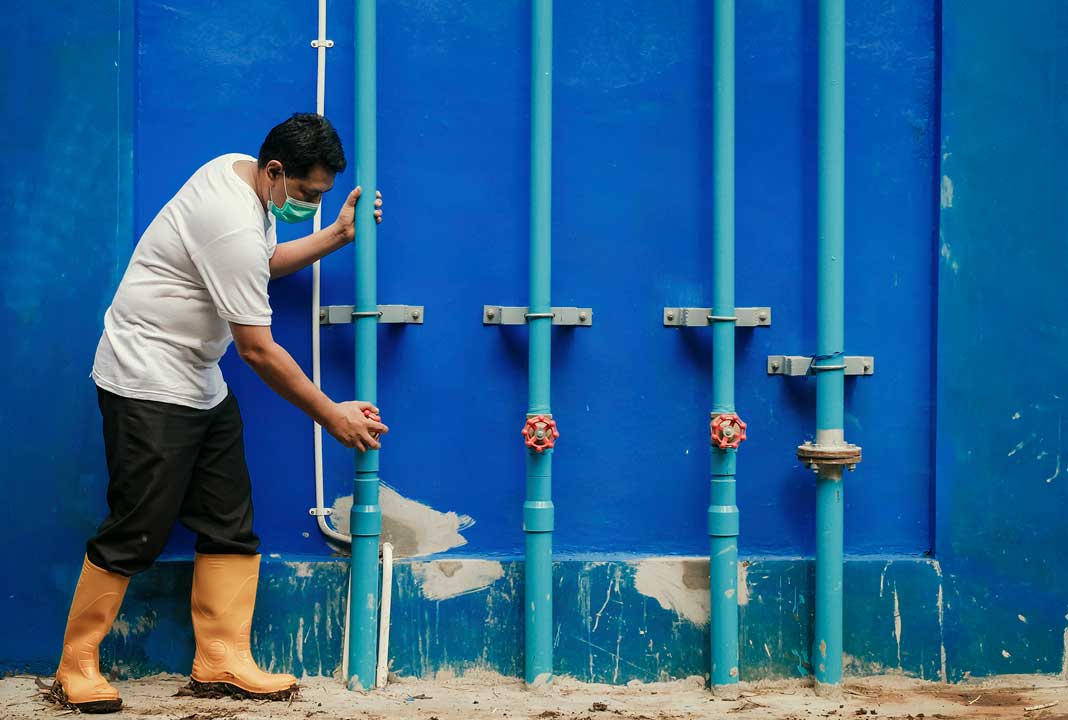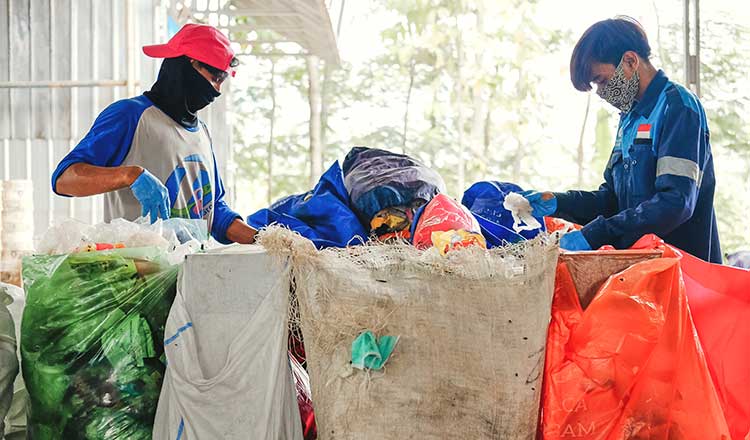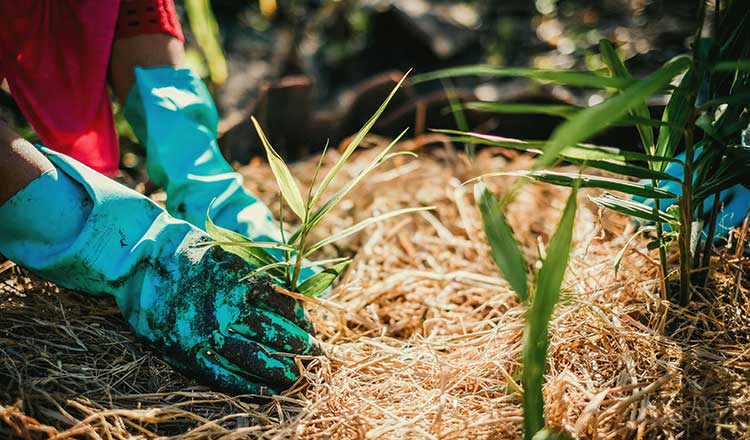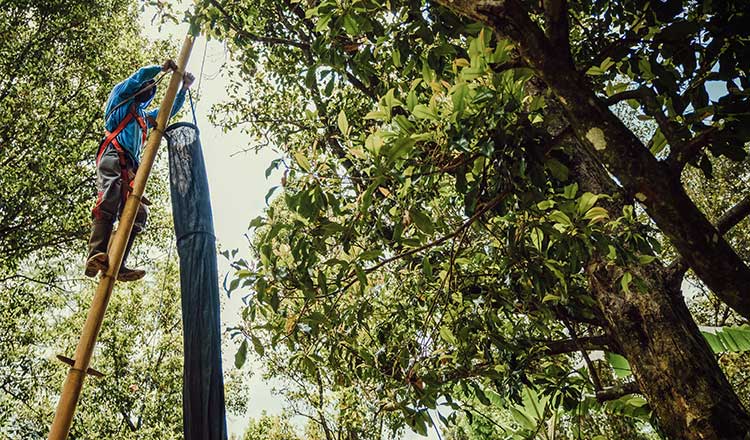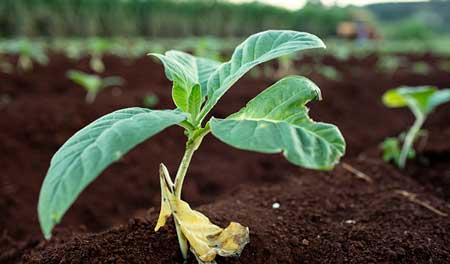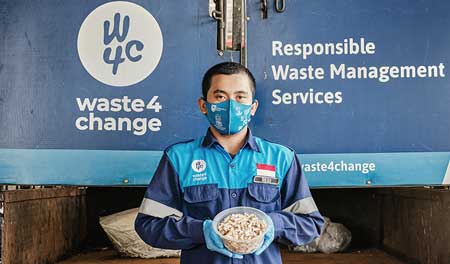| INTEGRATED REPORT 2020 |
The consequences of this crisis are far-reaching. Water is essential to life on the planet—to the survival of its ecosystems and inhabitants. Given how many activities rely on this resource, a lack of water poses major challenges to health and hygiene, and to economic prosperity.
Topic description
Water stewardship at PMI is about reducing water use, promoting water recycling, protecting watersheds, preventing water pollution, enhancing recharge1, and promoting sustainable water management in collaboration with stakeholders. It also extends to preserving water quality and promoting safe access to water, sanitation, and hygiene (WASH) services.
1Recharge is the hydrologic process through which water moves downward from the land surface to groundwater and the aquifer.
Water stewardship is a tier 2 topic within our strategic pillar Protecting the environment.

Our progress in 2020
read more
The right thing to do
The business case
Compared with some other industries, the tobacco sector is not particularly water-intensive; nevertheless, water security is a business imperative for PMI, and the scale of our business means we can have a significant impact on water resources. From growing tobacco crops to manufacturing, our products require water. Our agricultural supply chain accounts for around half of our water footprint. The second-largest share of our water use is in the remainder of our supply chain—in particular, the processes by which we manufacture filters, paper, and packaging materials. Our manufacturing facilities account for 6 percent of our water footprint, with fresh water used for manufacturing, sanitation, and other processes.
Responsibly managing water helps us minimize operational risks. A limited or irregular water supply could adversely affect our ability to source high-quality tobacco leaf and manufacture our products. Moreover, access to adequate and safe water, sanitation, and hygiene services in the communities surrounding our operations and in our supply chain helps to protect the health, livelihoods, and productivity of our workers and support their families.
Achieving our aims
Water stewardship describes our approach to responsibly managing water across our value chain. Our objective is to preserve water resources and respect the natural cycle of water, working in close cooperation with our stakeholders.
We aim to optimize water consumption in our operations, reduce the water footprint of our products, and adequately treat the wastewater produced in our factories. We strive to understand our operational water use and impact, and to work collaboratively and transparently with stakeholders to ensure sustainable water management within a catchment context.

Stewardship is about taking care of something that we do not own. Good water stewards recognize the need for collective responses to the complex challenges facing the water resources on which we all rely. At PMI, we are convinced of the value of a shared framework on responsible water management. Our target is to have all our factories certified by the Alliance for Water Stewardship standard by 2025. By year-end 2020, 11 of our factories had been certified. Moreover, 100 percent of our manufacturing facilities were certified to the ISO 14001 standard as of the end of 2020.
Accurately measuring our water footprint and understanding our water-related risks allow us to adapt our actions. In our operations and tobacco leaf supply chain, we use external and internal data to shape our strategy and identify appropriate interventions.
Collecting and reporting data to CDP helps us get ahead of regulatory and policy changes, identify and tackle growing risks, and identify opportunities for improvement. Increasingly, investors and customers worldwide demand such action as part of our responsibility to create a more sustainable world. We proudly and transparently disclose our efforts and progress, and are committed to completing the CDP water security program submission yearly. In 2020, we received an A rating from CDP.

Our progress in 2020
read more
